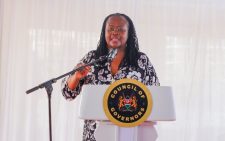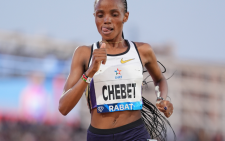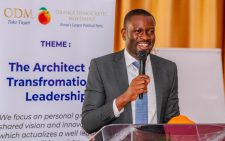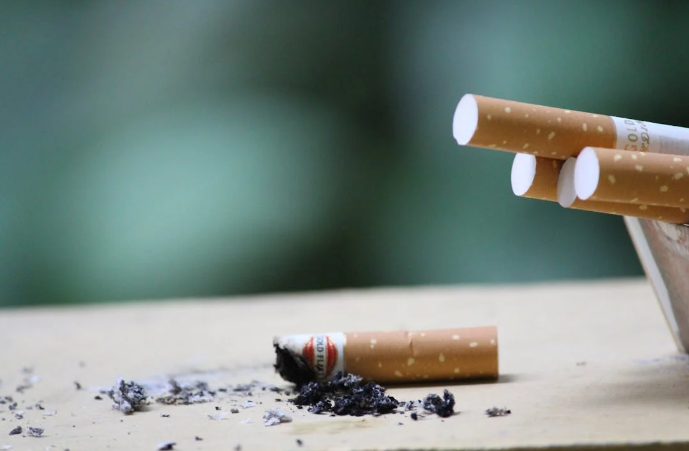Understanding the condition – Down syndrome
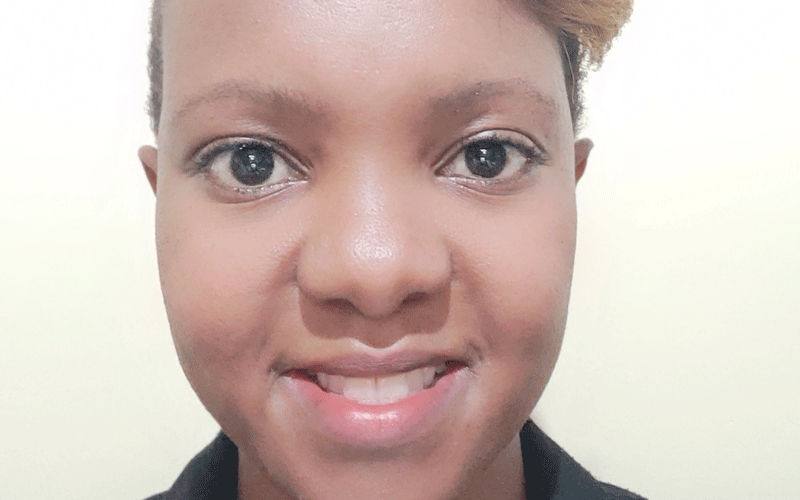
Sandra Wekesa @wekesa_sandra
Dr Martha Gatumbu, a paediatrician in Nairobi, says Down syndrome also known as Trisomy 21, is the most common chromosomal disorder that affects humans.
The condition is characterised by an extra chromosome. Humans have 46 chromosomes (23 pairs).
“The extra chromosome results in characteristic physical features and systemic complications,” she says.
This condition is one of the leading causes of mental challenges in children. Fifty per cent of children born with Down syndrome tend to have heart conditions, in most cases a hole in the heart.
“Once they are born, it is important they be screened for heart defects through echocardiograms,” says Dr Gatumbu.
Echocardiograms are tests to check how the heart’s chambers and valves are pumping blood through your heart.
Early echocardiograms are important to detect heart defects, which when diagnosed early, can be corrected by surgery.
These children also have to undergo regular screening for thyroid function, growth and developmental milestones, ear complications, eye problems, constipation, hip dislocations, and need follow up by various specialists.
The importance of occupational therapy and physiotherapy cannot be overemphasised, as it improves reduced muscle tone that causes delay in achieving developmental milestones.
“Due to medical advancement, it is possible to tell if a child will be born with Down syndrome while still in the womb, although we don’t advise this just in case a mother contemplates abortion,” Kioi Kamanda, also a doctor, says.
He says some factors can increase the risk of having a baby with Down syndrome, including advanced maternal age, having had a child with Down syndrome, and genetics, where a parent can pass the changes in the gene to the next generation.
Down syndrome occurs in the general population worldwide at one in every 700 to 1,000 births. It is estimated about 65,000 to 70,000 people in Kenya live with the condition.
Face stigma
Parents of children with Down syndrome often face joys, stresses and challenges in nurturing them through various stages of life.
Such experiences made parents to set up the Down Syndrome Society of Kenya (DSSK) in 2004.
Erick Madete, the organisation’s chairperson, says DSSK not only offers support to affected children, but to their families, especially because of stigma from the community.
Some people do not allow their children to play with a child with Down syndrome, as they believe it can be passed on to them. Others do not want them to be in the same class with their children.
Some communities also avoid parents of such children, claiming they have been bewitched or cursed. To avoid such situations, some parents hide their children and keep them from school.
Madete warns parents from hiding their children, as it worsens the situation.
They need to interact with other children and the environment outside their home to be a better position to handle challenging situations.

